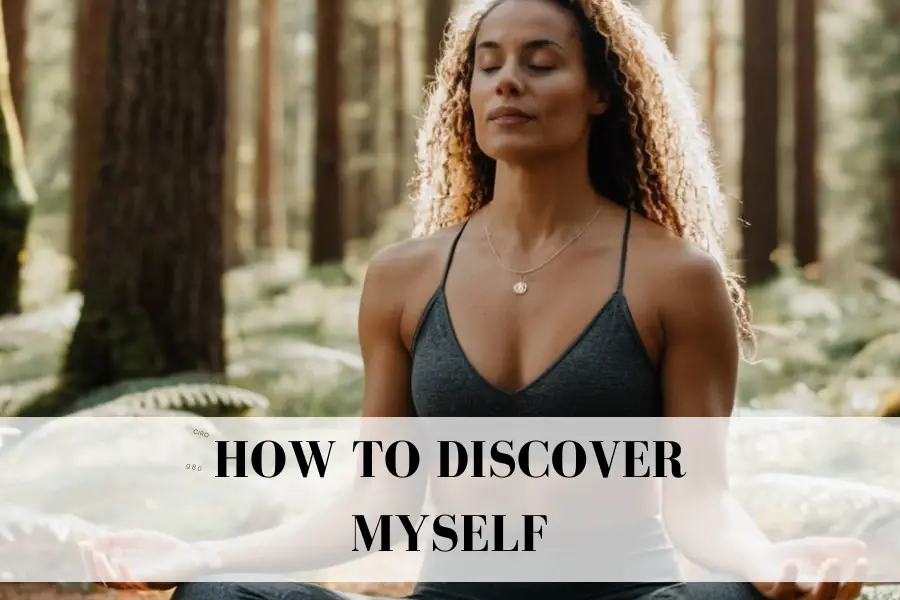
How to Discover Myself: A Journey to Personal Enlightenment
Embarking on a journey of self-discovery is an opportunity to delve deeply into your inner world, learn about who you truly are, and align your life with your most authentic self. It’s about exploring your personal values, beliefs, and passions, and using those insights to navigate life’s challenges and opportunities.
The path to knowing yourself is not only about nurturing your relationship with yourself but also about understanding how you connect with the world around you.
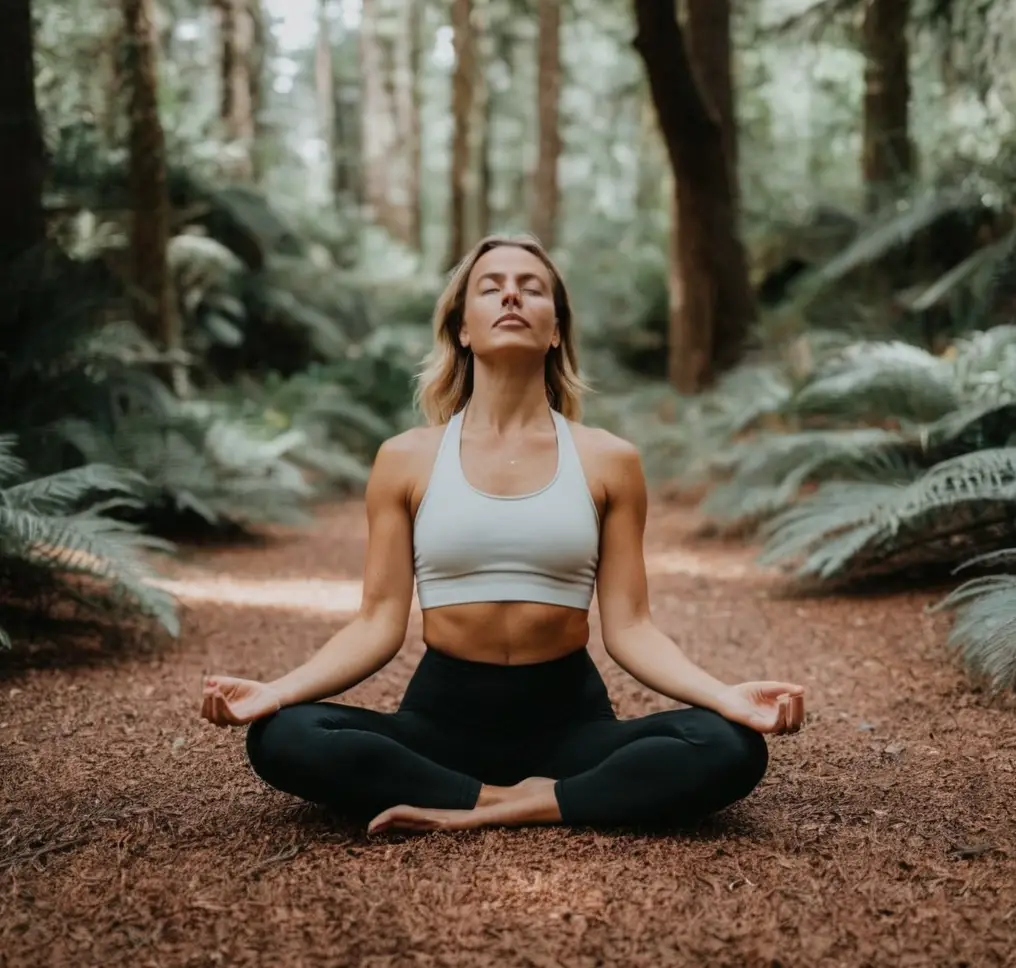
Your quest for self-understanding involves recognizing your individual strengths and weaknesses, which empowers you to set personal goals that are in harmony with your innate talents and potential. It’s about cultivating the courage to confront the less polished aspects of your character while also celebrating your unique abilities and interests. As you engage in this process, you develop the skills to maintain healthy boundaries in relationships, ensuring that your sense of self remains intact and respected.
Self-discovery is a commitment to personal growth and continuous learning. It’s an active process that will require patience, reflection, and sometimes, the guidance of various self-help practices and tools. As you navigate this journey, remember that the most profound insights often come from the simplest observations and experiences. Trust in your own pace, and let each step reveal more about the extraordinary person you are.
Understanding Self-Discovery
Embarking on a journey of self-discovery aids in clarifying your identity, understanding your true self, and enhancing self-knowledge. Reflecting on your thoughts and feelings with mindfulness allows you to connect deeply with who you are.
Defining the True Self
Your true self is the most authentic version of who you are, beyond societal masks and roles. It’s that core identity that remains constant amidst changing circumstances. Discovering this involves peeling back the layers of experiences, norms, and beliefs to reveal what resonates most with you on a fundamental level.
The Importance of Self-Knowledge
Gaining self-knowledge is crucial because it equips you with the understanding of your personal principles, values, and motives. Knowing yourself better can lead to more informed decisions and greater alignment with your life choices and actions.
The Role of Reflection in Self-Discovery
Reflection is a powerful tool in self-discovery. It involves contemplating your past experiences, your feelings, and the stream of your thoughts to uncover insights about your identity. Practice mindfulness to observe your mental and emotional patterns without judgment, creating a clearer picture of your inner self.
Exploring Personal Values and Beliefs

To embark on a journey of personal growth and self-improvement, you must first understand the bedrock of your character: your values and beliefs. These internal compasses guide your actions and shape your worldview.
Identifying Core Values
Your core values are the fundamental beliefs that dictate your behavior and help you understand what is truly important to you. To uncover these, consider what aspects of your life consistently draw your passion and commitment. Honesty, for example, might be a principal value if you find yourself dedicated to transparency and truthfulness in all your interactions.
- Reflect on past experiences: Examine moments when you felt the happiest, proudest, or most fulfilled.
- Recognize patterns: Look for recurring themes in your reflections that indicate a deeper value.
- Prioritize: Out of the patterns you’ve identified, select the values that resonate most powerfully with you.
This introspection aids in highlighting the principles you unconsciously follow, potentially revealing honesty as a core value if it’s a recurring theme in the choices that bring you pride and fulfillment.
Assessing Beliefs and Their Origins
Beliefs are the convictions we hold, often developed from our experiences, culture, education, and family. To effectively assess your beliefs and their origins, start by identifying the voice of your inner critic. This internal dialogue can provide insight into deeply ingrained beliefs that you may not be immediately aware of.
- Analyze your self-talk: Pay attention to your thoughts and note the content of your inner critic.
- Determine origins: Trace these beliefs back to where they began—did they stem from societal expectations, parental teachings, or personal experiences?
Understanding the source of your beliefs can be enlightening, as it allows you to decide which ones serve your well-being and which may be limiting your potential. Through this process, you’ll gain a clearer sense of self and a confident direction for personal development.
Recognizing Individual Strengths and Weaknesses
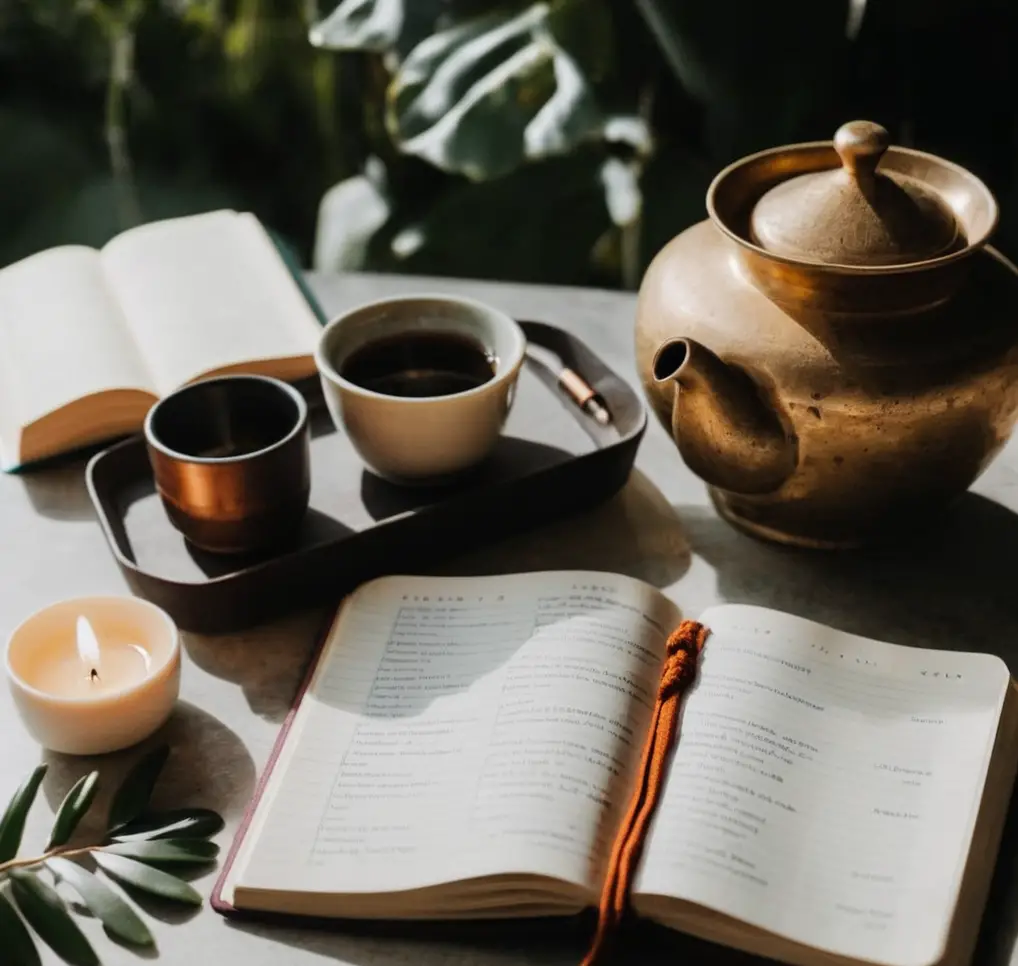
Before you can leverage your full potential, you need to understand both your strengths and weaknesses. This understanding not only boosts self-esteem but also fosters self-awareness that’s crucial for personal growth.
Assessing Personal Abilities
Identify Your Skills:
- List your skills and abilities.
- Rate each on a scale of 1-5.
Seek Feedback:
Ask peers and mentors to provide their perspectives on your abilities.
Understanding your skills involves a deep evaluation of what you can do well. It’s important to list down your abilities in various categories such as interpersonal, technical, or analytical. Try to be as specific as possible. Once you have a list, rank each one honestly. Remember, it’s not just about what you think; it’s beneficial to also seek feedback from others. Their insights can help validate your self-assessment and might reveal strengths or weaknesses you hadn’t considered.
Dealing with Weaknesses and Building Strengths
Address Your Weaknesses:
- Prioritize weaknesses that limit your growth.
- Set specific goals for improvement.
Enhance Your Strengths:
- Set challenges that use your strengths in new ways.
- Celebrate small victories to build confidence.
When confronting your weaknesses, address them head-on. Prioritize which weaknesses are holding you back the most and set concrete, achievable goals for turning them into areas of improvement.
For your strengths, find new challenges and projects that allow you to apply your skills in distinct and innovative ways. This can help bolster your confidence and self-esteem, turning your abilities into even greater assets. Remember, growth is incremental, and every small victory is a step in the right direction.
Uncovering Passions and Interests

Discovering what truly excites you can transform your daily life into a more fulfilling journey. Your passions and interests are the activities that resonate with your core values and bring you joy.
Identifying Hobbies and Activities
To begin identifying your hobbies and activities, take a moment to reflect on moments when you feel the most vibrant and alive. What are you doing during these times? These experiences are key indicators of where your interests lie. You can start by jotting down a list of activities that make you lose track of time, or where you find immense joy, even in the learning process. Reading through mindful steps to find your passion, such as suggested on Calm Blog, could inspire ideas you haven’t considered.
- Reflect: Think about activities you’re naturally drawn to.
- Record: Keep a diary of moments when you felt particularly enthusiastic.
- Research: Look into clubs or groups that focus on your budding interests.
Exploring Untapped Potentials
Within you might be untapped potentials, skills, or talents that have not yet been fully explored or expressed. To uncover these, adopt a stance of curiosity and willingness to experiment. Envisioning your dreams and assessing your creativity can lead to the discovery of hidden passions. Psychology Today offers 37 questions to help sieve out these latent potentials.
- Evaluate Talents: Acknowledge what you are good at, even if it’s something you’ve never done professionally.
- Try New Things: Take a class, volunteer, or participate in a new activity that piques your interest.
- Interact: Sharing your interests with others can heighten your passion and may also lead to valuable feedback.
Setting and Achieving Personal Goals

To discover yourself, it’s vital to set clear objectives. This journey hinges on establishing solid personal goals and devising efficient techniques to fulfill them, laying the groundwork for future success and self-realization.
Defining Short-term and Long-term Goals
Short-term goals serve as stepping stones toward your overarching vision, whereas long-term goals embody your aspirations for the future. Start by asking yourself what you need and want to achieve in the short term, setting objectives that are achievable within a year. Short-term goals might involve enhancing your skills or building healthy habits.
In contrast, long-term goals require strategic planning and should reflect your life’s ambitions, extending five, ten, or even twenty years into the future. Your long-term goals might encompass personal growth, career achievements, or milestones like financial stability.
Both types of goals should align with your core values and deeper life purpose.
Strategies for Goal Realization
Realizing your personal goals demands a multi-faceted approach. Here’s a strategic framework to guide you:
- Break it down: Each goal should be broken into manageable tasks, fostering a sense of achievement and momentum.
- Set timelines: Establish deadlines for your tasks to keep you focused and on track.
- Monitor progress: Regularly assess your advancement and adjust your goals as needed to respond to life’s unpredictable nature.
- Stay flexible: Be prepared to modify your strategies in the face of new challenges and opportunities.
- Seek support: Surround yourself with a network of encouragement, whether it’s friends, family, or mentors.
By embracing progress over perfection and maintaining adaptability in your planning, you’re more likely to achieve the success you envision and truly discover yourself.
Engaging in Personal Development Practices
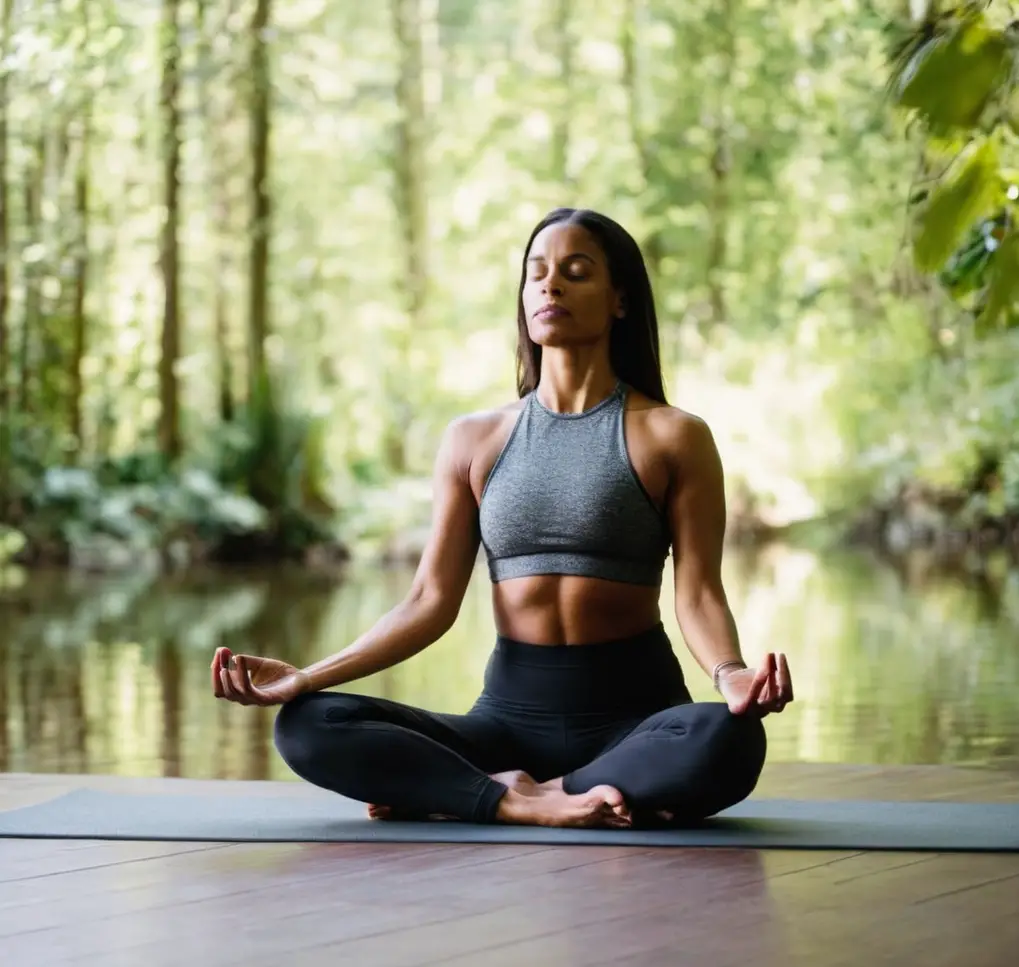
Embarking on the journey of personal development involves a commitment to broadening your knowledge and enhancing your life skills. By embracing practices that foster growth and self-awareness, you set the stage for a more fulfilling and effective existence.
Benefits of Continuous Learning
Continuous learning is pivotal to personal development. Your brain thrives on the stimulation that new knowledge provides, leading to an increase in neuroplasticity, which helps in problem-solving and adaptability. Regular learning exercises your cognitive functions, keeping your mind sharp and often leading to enhanced performance in various aspects of life.
- Exercise: Incorporates both physical and mental gains, leading to improved health and concentration.
- Meditation & Mindfulness: These practices deepen self-awareness and contribute to emotional regulation, creating a stable foundation for lifelong learning.
Adopting a Growth Mindset
A growth mindset acknowledges that your talents and abilities can be developed through dedication and hard work. It is the belief that you can enhance your basic qualities through your efforts:
- Challenges: View challenges as opportunities rather than obstacles.
- Effort: Understand that mastery comes as a result of perseverance.
Journaling in this context serves as a powerful tool to reflect on your growth, allowing you to document progress and setbacks, ensuring an ongoing process of learning and self-improvement. This iterative cycle fosters resilience and encourages a proactive approach to personal development.
Navigating Life’s Challenges
In life’s journey, facing challenges is inevitable. Knowing how to cope with feelings of being lost and dealing with traumas and life changes will equip you to find your meaning and life purpose.
Coping with Feelings of Being Lost
When you feel lost, it’s important to assess your current situation and identify your fears. Start by listing down what you think may be the causes of your uncertainty. This could include a lack of sense of direction or questioning what you truly want out of life. Engaging in self-discovery practices or seeking coaching can be effective methods for regaining a sense of control and beginning to outline a path forward.
Dealing with Traumas and Life Changes
Trauma and significant life changes require a different level of adjustment. It’s okay to acknowledge that some events deeply affect your life. To navigate through these times, consider seeking therapy or psychotherapy services to provide professional guidance and a framework for healing.
Remember, making use of support systems and focusing on self-care are integral parts of the recovery process and can assist you in rebuilding and finding a new purpose.
Maintaining Relationships and Boundaries
As you journey to discover yourself, it is crucial to maintain healthy relationships and set clear boundaries.
This balance is key to establishing a sense of identity and self-confidence without compromising your social roles and connections.
Balancing Personal and Social Identity
Understanding who you are involves recognizing the distinct roles you play in your relationships, whether they are personal or professional.
Your identity is shaped by these interactions, yet it’s important to maintain a sense of self that is independent of others’ perceptions and expectations.
Reflect on your qualities and values, and consider how they align with the various personas you embody in your social circles. Maintain a personal identity that is adaptable yet firm, so you are recognized for who you are, not just the roles you fulfill.
Setting Healthy Boundaries
Establishing boundaries is a direct expression of your self-worth and a testament to your self-confidence. To effectively set these boundaries, you need to communicate your needs and limitations to others. For example, if work is encroaching on your personal life, assert your limits by defining work hours and personal time.
This act not only fosters respect from others but also empowers you to honor your commitments to yourself.
Keep in mind the steps of identifying your limits and consistently upholding your boundaries, as these are essential in cultivating positive relationships that respect your individuality.
Frequently Asked Questions
What are the best books to read for self-discovery?
Some insightful books for self-discovery include “The Power of Now: A Guide to Spiritual Enlightenment” by Eckhart Tolle and “Eat, Pray, Love” by Elizabeth Gilbert. These books can guide you through personal growth and help you understand different aspects of your identity.
Can quizzes help me understand myself better, and where can I find them?
Yes, quizzes designed for self-exploration can provide valuable insights into your personality and preferences. You can find a variety of self-discovery quizzes at High5Test, which are crafted to help you uncover your strengths and areas of potential growth.
What are some powerful quotes related to finding oneself?
Quotes like “Not until we are lost do we begin to understand ourselves” by Henry David Thoreau and “The only journey is the journey within” by Rainer Maria Rilke can be powerful catalysts for reflection and personal insight.
How can I find myself on a spiritual level?
To delve deeper into spirituality, you could practice mindfulness or meditation, which can help create a stronger connection with your inner self. Additionally, exploring different spiritual beliefs and practices may provide you with new perspectives and paths for self-discovery.
What steps should I take when I feel like I’ve lost myself?
When feeling disconnected from yourself, begin by establishing daily reflection through journaling or meditative practices. Engaging in activities that align with your interests and core values can also reignite a sense of self.
As a woman, how can I embark on a journey of self-discovery?
Consider joining women-centric groups or workshops, such as those offered by USAHS, which can provide support and perspective as you explore different facets of your life. Writing in a self-discovery journal and questioning the societal expectations placed upon you are also part of the process.
What are the best ways to embark on a self-discovery journey?
Exploring new experiences, journaling, seeking therapy, and practicing mindfulness are some effective ways to begin your journey.
How can I navigate family members’ expectations while discovering my true self?
Communicate openly with your family about your journey and set boundaries to prioritize your own growth and authenticity.
Is there a first step I should take in my self-discovery process?
Start by reflecting on your core needs, values, and desires to gain clarity about your true identity.
How can I break out of my comfort zone to discover my authentic self?
Challenge yourself to try new things, meet different people, and embrace discomfort as opportunities for growth.
What role does social media play in self-discovery?
While social media can provide inspiration and connection, it’s essential to balance online interactions with real-life experiences and introspection.
How can I overcome negative self-talk during my self-discovery journey?
Practice self-compassion, challenge negative thoughts with positive affirmations, and seek support from a therapist or life coach if needed.
What is the significance of having a support system in self-discovery?
A supportive network of friends, family, or mentors can provide encouragement, guidance, and validation as you navigate your journey.
Can changing my career path be a part of my self-discovery process?
Absolutely! Exploring new career paths can lead to personal growth, fulfillment, and a deeper understanding of your passions and strengths.
How does spending time alone contribute to self-discovery?
Spending time alone allows for introspection, self-reflection, and the opportunity to connect with your inner thoughts and feelings.
Are journal prompts helpful in the process of self-discovery?
Yes, journal prompts can spark introspection, encourage self-expression, and provide insight into your thoughts, emotions, and desires.
How can I maintain positive changes in my life on a daily basis?
Consistency is key. Practice self-care set achievable goals, and surround yourself with positivity to sustain positive changes over time.
Is self-discovery a lifelong process?
Yes, self-discovery is an ongoing journey of growth, evolution, and self-awareness that continues throughout your entire life.
How can I cultivate inner peace amidst the challenges of everyday life?
Prioritize self-care, practice mindfulness, and develop coping strategies to navigate life’s ups and downs with grace and resilience.
Can romantic relationships impact my self-discovery journey?
Yes, healthy relationships can support personal growth and self-awareness, while toxic relationships may hinder progress and require boundaries or removal.
What role do my own thoughts play in discovering my true identity?
Your thoughts shape your perception of yourself and the world around you. Cultivate positive self-talk and challenge limiting beliefs to align with your true nature.





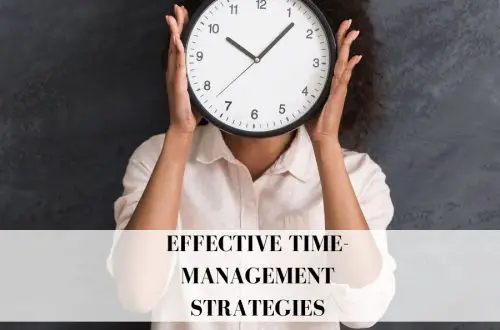

6 Comments
tempmail
I do not even know how I ended up here but I thought this post was great I dont know who you are but definitely youre going to a famous blogger if you arent already Cheers.
Lucie Pospechova
Thank you so much! That means a lot to me 🙂 You can check more info about me on the About page 🙂
cerebrozen reviews
I truly enjoyed what you’ve achieved here. The design is stylish, your written content fashionable, yet you appear to have acquired some apprehension regarding what you intend to present going forward. Undoubtedly, I’ll return more frequently, similar to I have almost constantly, in the event you sustain this ascent.
Lucie Pospechova
I am glad you enjoy my content 🙂
how to calculate my macros for weight loss
What a fantastic resource! The articles are meticulously crafted, offering a perfect balance of depth and accessibility. I always walk away having gained new understanding. My sincere appreciation to the team behind this outstanding website.
Lucie Pospechova
Thank you! I am glad you enjoy my personal development website 🙂